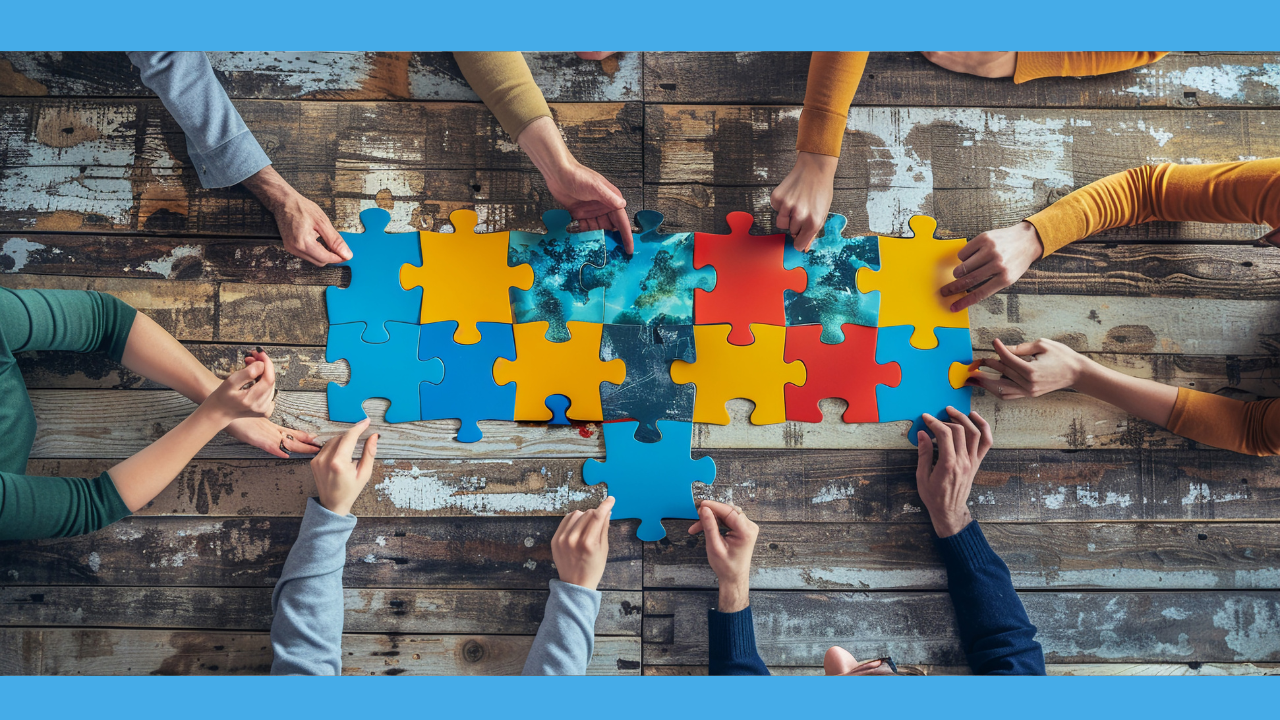
Building Resilience Through Connection: The Role of Community and Support
Jun 16, 2025In a world that often celebrates individual grit and self-reliance, it's easy to forget that true resilience—the kind that helps us bounce back stronger after adversity—isn’t built in isolation. It’s forged through connection. Whether facing personal challenges, professional setbacks, or global crises, we are wired to thrive through our relationships with others.
Why Connection Matters in Resilience
Resilience is more than just mental toughness; it’s our capacity to adapt, recover, and grow through adversity. And one of the most powerful, yet overlooked, tools for building resilience is community. Research consistently shows that people who feel supported by others—family, friends, colleagues, or community networks—recover faster from stress, maintain better health, and remain more hopeful in difficult times.
Here’s why connection plays such a vital role:
- It normalizes struggle. Knowing others have walked similar paths helps us feel less alone in our pain.
- It regulates emotions. Talking to someone who listens with empathy can calm our nervous system and reduce anxiety.
- It inspires perspective. Community brings fresh viewpoints and encouragement when our own optimism is running low.
The Strength in Mutual Support
In leadership, business, or personal life, the myth of the lone hero can be limiting. The truth is, resilient people ask for help. They build circles of trust and lean into relationships that energize and ground them. These mutual support systems are not just helpful in a crisis—they’re essential for long-term well-being.
Some ways to foster these support systems include:
- Regular check-ins with trusted friends or peers
- Creating or joining peer groups focused on shared goals or experiences
- Mentorship, both giving and receiving guidance
- Open communication about challenges and emotions, without shame
Community as a Collective Anchor
Community goes beyond individual relationships. It’s the broader sense of belonging and shared identity. Whether it's a neighborhood, a team at work, or an online group with shared interests, community offers:
- A sense of purpose and meaning
- Collective wisdom and shared resources
- Opportunities for contribution and service, which in turn build self-worth
When communities come together—supporting a grieving colleague, rallying around a cause, or celebrating wins—it creates a ripple effect that boosts resilience not just for individuals, but for the entire group.
Practical Ways to Build Resilience Through Connection
- Be intentional about relationships. Make space for meaningful conversations, even if brief.
- Create safe spaces for people to be vulnerable and honest.
- Celebrate progress and growth, not just outcomes.
- Ask for help—and offer it. Vulnerability invites connection, and generosity builds trust.
Final Thoughts
Resilience isn’t about toughing it out on your own. It’s about reaching out, showing up for others, and allowing them to show up for you. When we connect deeply—with others and with community—we don’t just survive adversity. We transform it into growth, meaning, and renewed strength.
Remember: the strongest bridges are built together.
Learn more about your own level of energy and resilience by taking a quick survey here.
Schedule a Discovery Session with Cheryl
